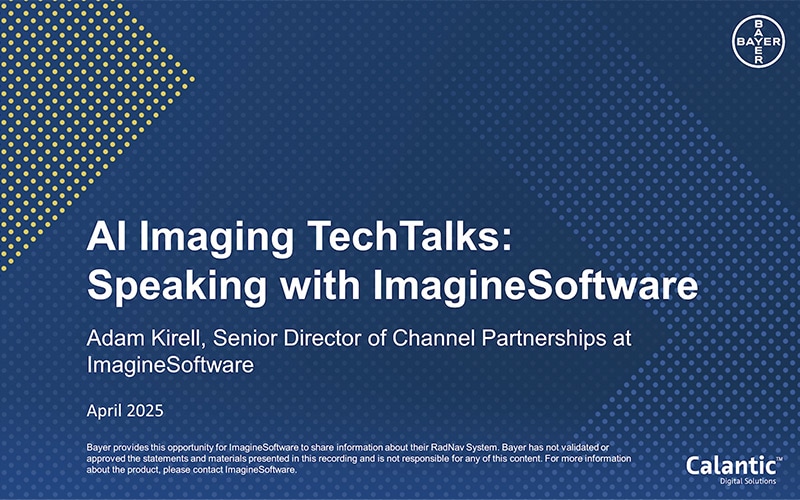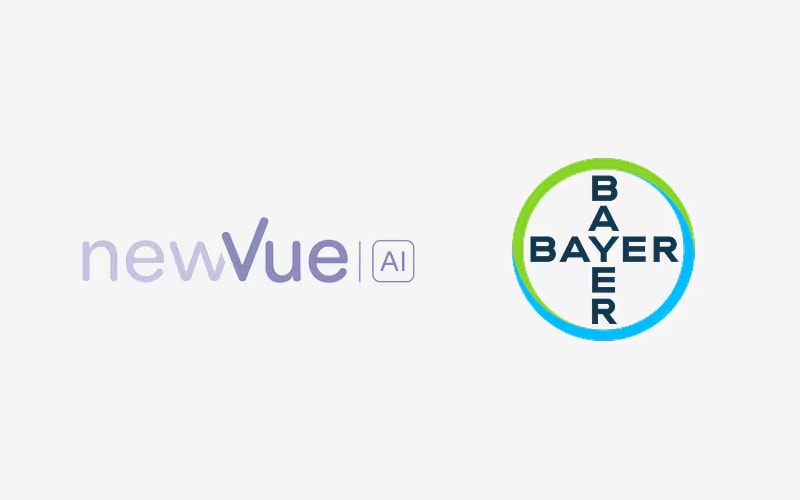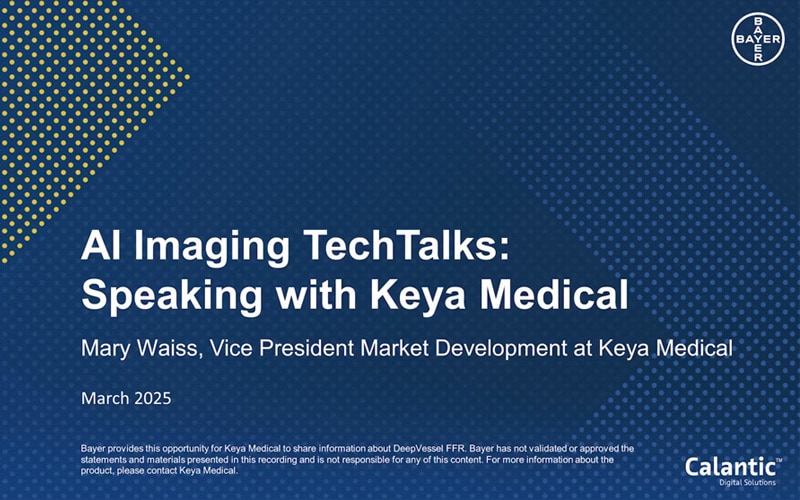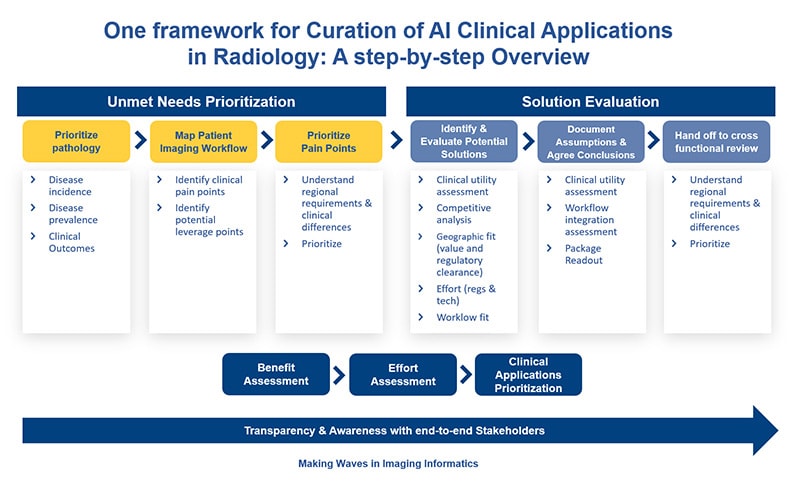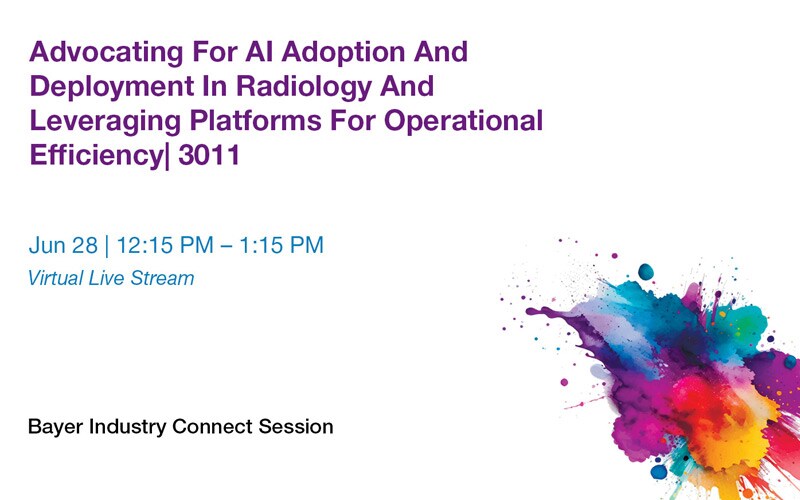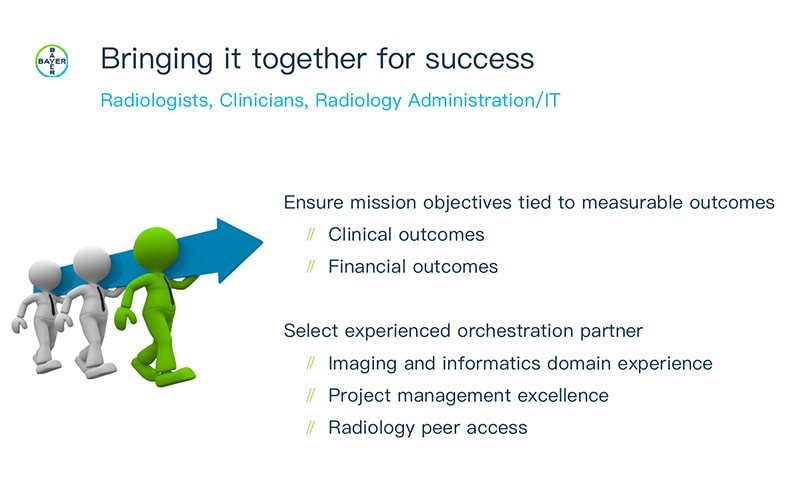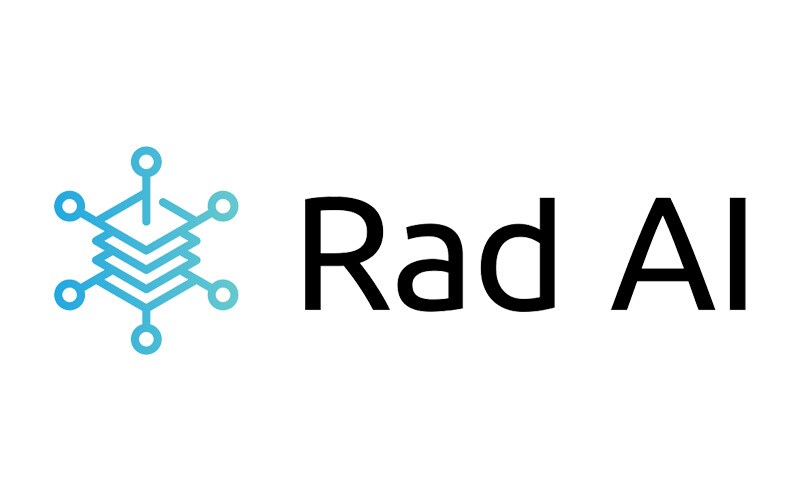- Operational AI
- Patient Experience
- Workflow Efficiency
Leveraging Operational AI to Improve the Patient Experience
A panel discussion on "Leveraging Operational AI to Improve the Patient Experience" took place at the recent SIIM25 conference. This panel featured radiology AI thought leaders Dr. Ryan K. Lee, Radiology Chair at Jefferson Einstein, Dr. Tessa Cook, Vice-Chair of Radiology Practice Transformation at Penn and Dr. Andrew Del Gaizo, Chief Medical Information Officer at Rad AI and was moderated by Dr. Steven Blumer, Americas Director, Radiology Digital Medical Affairs at Bayer Radiology. The discussion provided invaluable insights into the potential impact of operational AI on radiology workflows and enhancing patient experiences.
- AI in Healthcare
- Patient Follow-Up
- Healthcare Automation
TechTalk with ImagineSoftware
In this TechTalk, we had the privilege of speaking with Adam Kirell, Senior Director of Channel Partnership at Imagine Software. Adam shared invaluable insights into the challenges patients face with follow-up screening care and how RadNav, an operational AI application, is helping transform the landscape of radiology. This solution aims to improve patient outcomes by helping to ensure patient adherence to timely follow-up imaging exam recommendations. Join us as we delve into the role of automation in enhancing patient care and the impact it may have on the healthcare system.
- Lung Cancer Screening
- Radiology AI
- Early Detection
Exploring the Future of Lung Cancer Screening: Insights from Recent Research
In a recent publication titled "The Present and Future of Lung Cancer Screening: Latest Evidence," published in Future Oncology, a team of experts, including Dr. Juan Gutiérrez Alliende, Dr. Ella A. Kazerooni, Dr. Philip Crosbie, Dr. Xueqian Xie, Dr. Ankur Sharma, and Dr. Joana Reis, summarize presentations and panel discussions from a webinar, “The Present and Future of Lung Cancer Screening: Latest Evidence and AI Perspectives.” The webinar provided the perspectives of experts from the United States, United Kingdom, and China on evidence-based recommendations and management in lung cancer screening (LCS), barriers, and the role of artificial intelligence (AI). With several countries now incorporating the utilization of AI in their screening programs, AI offers potential solutions to some of the challenges associated with LCS. Lung cancer remains one of the leading causes of cancer-related mortality worldwide, making early detection and effective screening vital for improving patient outcomes (Gutiérrez Alliende et al., 2025).




